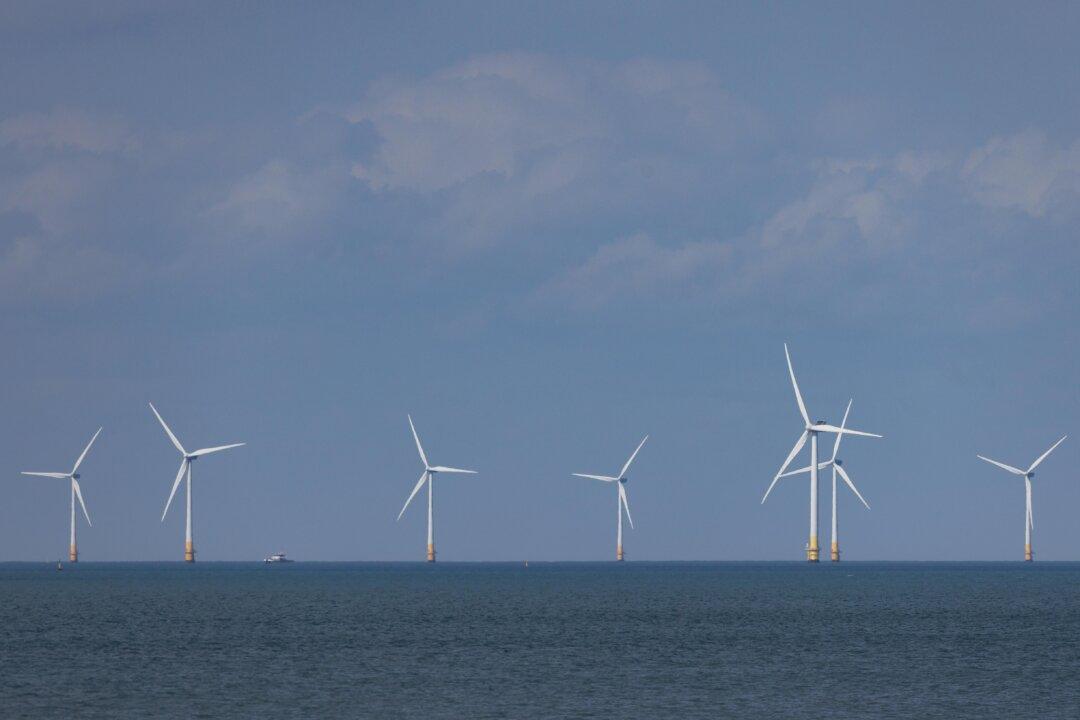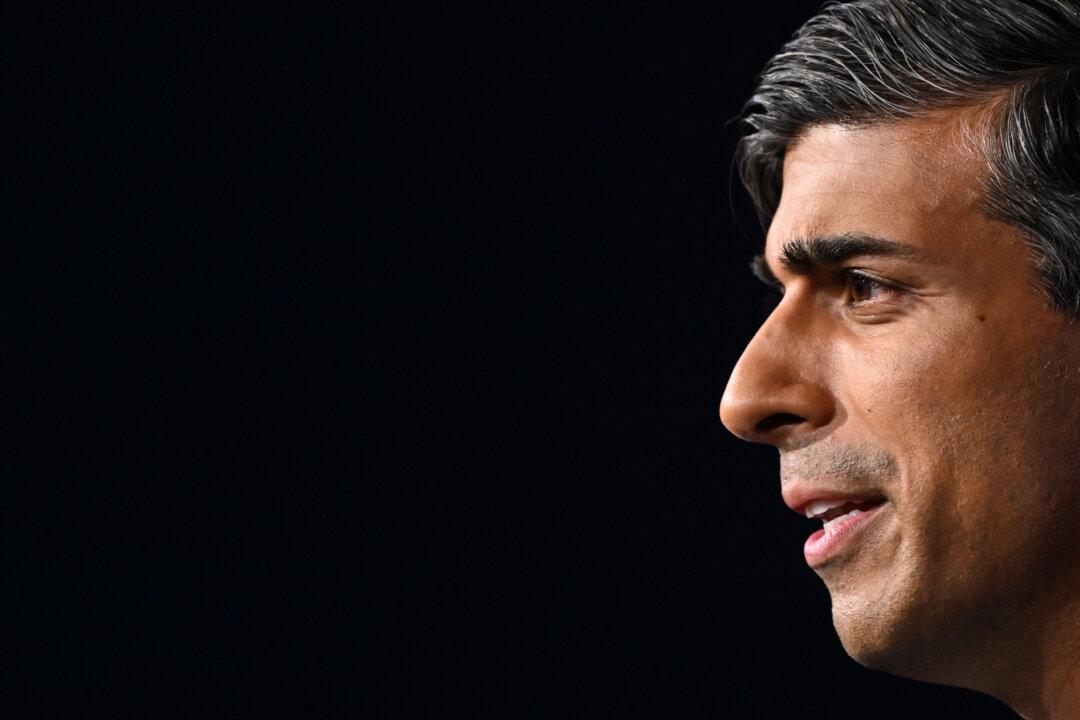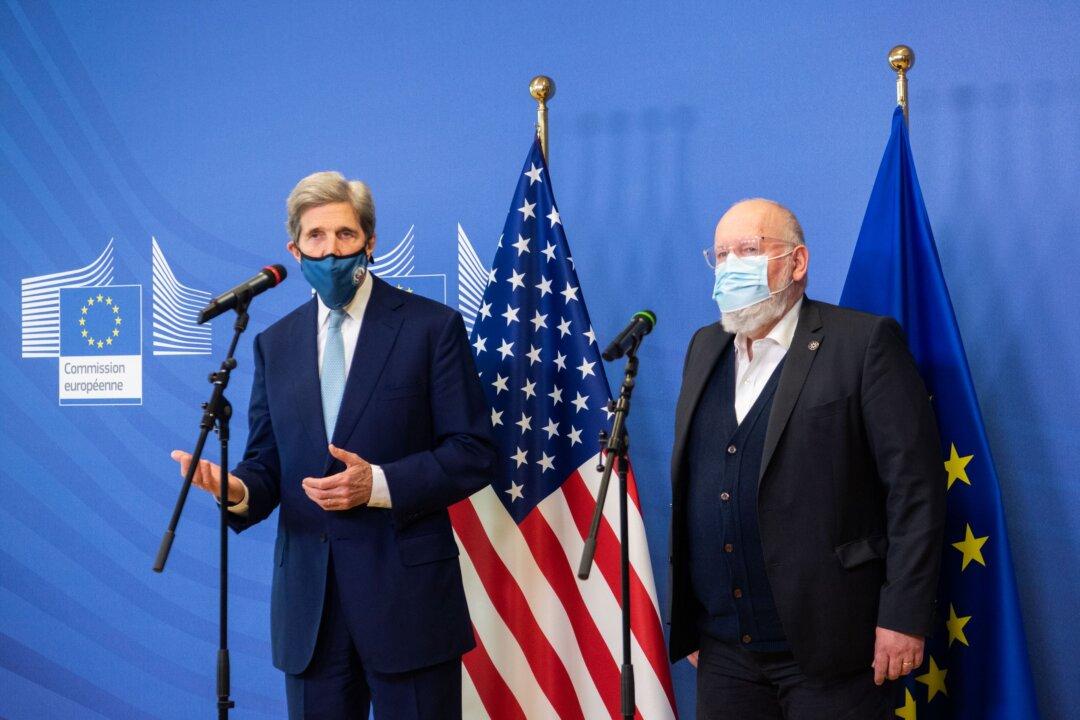Commentary
Boris Johnson is sometimes likened to Donald Trump—a British-style populist, albeit one who can recite chunks of Homer’s “Iliad” in the original Greek. In truth, many of his positions are closer to those of President Joe Biden. Tackling climate change and biodiversity loss would be his government’s “number one international priority,” Johnson wrote in a foreword to the British government’s integrated security, defense, development, and foreign policy review released last week.





